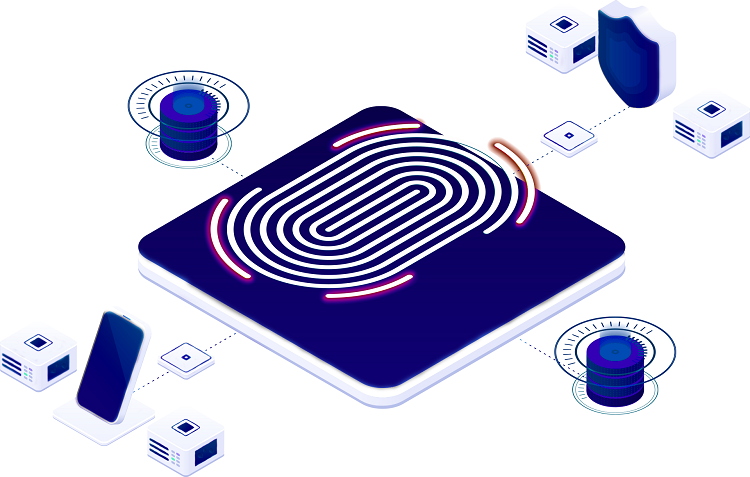Businesses confront a wide range of cybersecurity risks in an increasingly digital world, which can impair operations, compromise private information, and result in large financial losses. Having a strong incident response strategy is essential when incidents happen. This is where 24/7 Incident Response (DFIR) Services are useful since they give businesses the knowledge and tools they need to react quickly to cyberattacks and limit damage.
Table of Contents
Understanding DFIR Services
Digital Forensics and Incident Response (DFIR) services encompass a range of activities designed to identify, investigate, and respond to cyber incidents. The primary goal is to contain the threat, mitigate its impact, and recover affected systems. DFIR professionals use advanced tools and techniques to analyze incidents, understand their scope, and develop effective response strategies.
Key Components of 24/7 Incident Response Services
1. Continuous Monitoring
One of the critical aspects of 24/7 Incident Response Services is continuous monitoring of systems and networks. This involves real-time detection of suspicious activities, anomalies, and potential breaches. By employing advanced threat detection tools and techniques, organizations can identify threats before they escalate into full-blown incidents.
2. Rapid Response
When an incident is detected, time is of the essence. 24/7 Incident Response Services ensure that skilled professionals are available around the clock to respond swiftly. This rapid response capability is vital in containing the threat, preventing further damage, and securing systems.
3. Incident Analysis and Investigation
After an incident occurs, DFIR teams conduct thorough investigations to determine the cause, impact, and scope of the incident. This analysis involves collecting and preserving digital evidence, analyzing logs, and identifying vulnerabilities that may have been exploited. Understanding the nature of the attack is crucial for developing an effective response plan.
4. Remediation and Recovery
Once the incident has been analyzed, the next step is remediation. This involves implementing measures to eliminate the threat, restoring affected systems, and ensuring that vulnerabilities are addressed to prevent future incidents. 24/7 Incident Response Services provide organizations with the expertise to recover data, restore operations, and fortify defenses against future attacks.
5. Post-Incident Reporting
After addressing the incident, DFIR teams compile comprehensive reports detailing the findings, actions taken, and recommendations for improving security posture. These reports are invaluable for organizational learning and can help shape future incident response strategies.
Benefits of 24/7 Incident Response Services
1. Minimized Downtime
Cyber incidents can lead to significant downtime, affecting productivity and revenue. With 24/7 incident response capabilities, organizations can quickly address threats, minimizing downtime and ensuring business continuity.
2. Expertise and Experience
Cybersecurity incidents are complex and require specialized knowledge to effectively manage. DFIR services provide access to experienced professionals who are well-versed in the latest threats, technologies, and response strategies.
3. Enhanced Security Posture
Engaging 24/7 Incident Response Services not only helps in managing incidents but also strengthens overall security posture. Through continuous monitoring and proactive measures, organizations can reduce their vulnerability to future attacks.
4. Compliance and Legal Support
Many industries have regulatory requirements regarding data protection and incident management. DFIR services can assist organizations in meeting these compliance standards and provide support during legal investigations, if necessary.
Choosing the Right DFIR Partner
When selecting a DFIR service provider, organizations should consider several factors:
- Experience: Look for a provider with a proven track record in handling incidents similar to those faced by your organization.
- Certifications: Ensure that the team possesses relevant certifications and expertise in cybersecurity and digital forensics.
- 24/7 Availability: The provider should offer around-the-clock support to respond to incidents promptly.
- Customization: Each organization has unique needs; choose a partner that can tailor services to your specific requirements.
Conclusion
In a world where cyber threats are omnipresent, investing in 24/7 Incident Response (DFIR) Services is essential for any organization looking to safeguard its digital assets. With the ability to respond quickly to incidents, analyze threats, and implement effective remediation strategies, DFIR services act as a critical line of defense against cybercrime. By partnering with experienced professionals, businesses can enhance their security posture and focus on their core operations, knowing they have the support they need in case of an incident.




